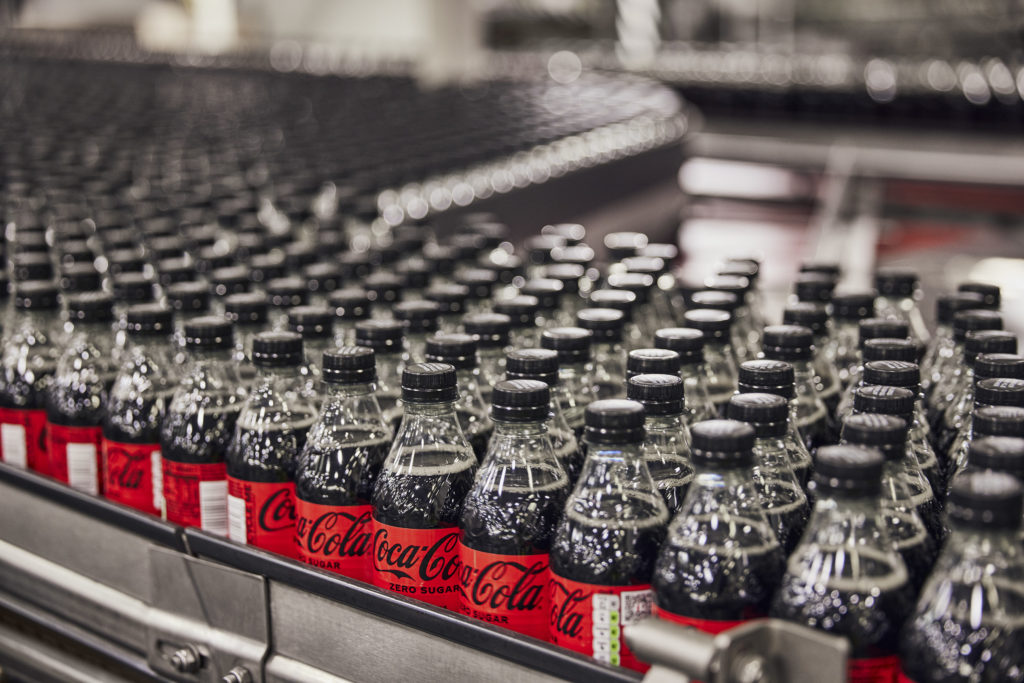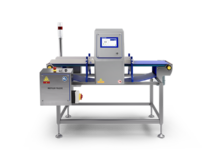THE launch of attached caps on Coca-Cola products is to be extended to 500ml bottles, the company has announced.
Initially launched to appear on 1.5 litre bottles of Coca-Cola Zero Sugar, Diet Coke, and Fanta Zero, the caps are set to appear on all Coca-Cola brands and pack sizes by the end of 2024.
Coca-Cola started the changeover to attached caps on 1.5 litres bottles of Coca-Cola Zero Sugar, Diet Coke, and Fanta initially from its bottling plant in East Kilbride Scotland in May. The latest change to bottles will be rolled out from the business’ manufacturing site in Edmonton, north London.
The new design enables the cap to stay connected to the bottle after opening, making it easier to recycle the entire package and ensure no cap gets left behind – even when on the go.
Stephen Moorhouse, vice president and general manager at Coca-Cola Europacific Partners in Great Britain, said, “This small but significant change helps to ensure that when consumers recycle our bottles, the caps stay attached and don’t get left behind as litter. We know consumers in Great Britain want to dispose of packaging in the right way, and we want to help them do that. We’re pleased to share this change, and we will continue to innovate and create more sustainable ways to enjoy our products.
“We are proud to be leading the industry in Great Britain, with production of the new attached caps to our plastic bottles taking place right here in Edmonton, following £42 in investment into the site since 2017.”
Adam Herriott, sector specialist at WRAP, added, “It’s great to see Coca-Cola Great Britain, a UK Plastics Pact member, extend their roll out of tethered caps on their bottles to help ensure that as much plastic is captured and recycled as possible. The small changes are what adds up to make a big difference and when it comes to recycling, the higher quality of the material the better. We look forward to seeing more innovations in this area to push the UK’s recycling rate for plastics to the 70% mark by 2025.”













